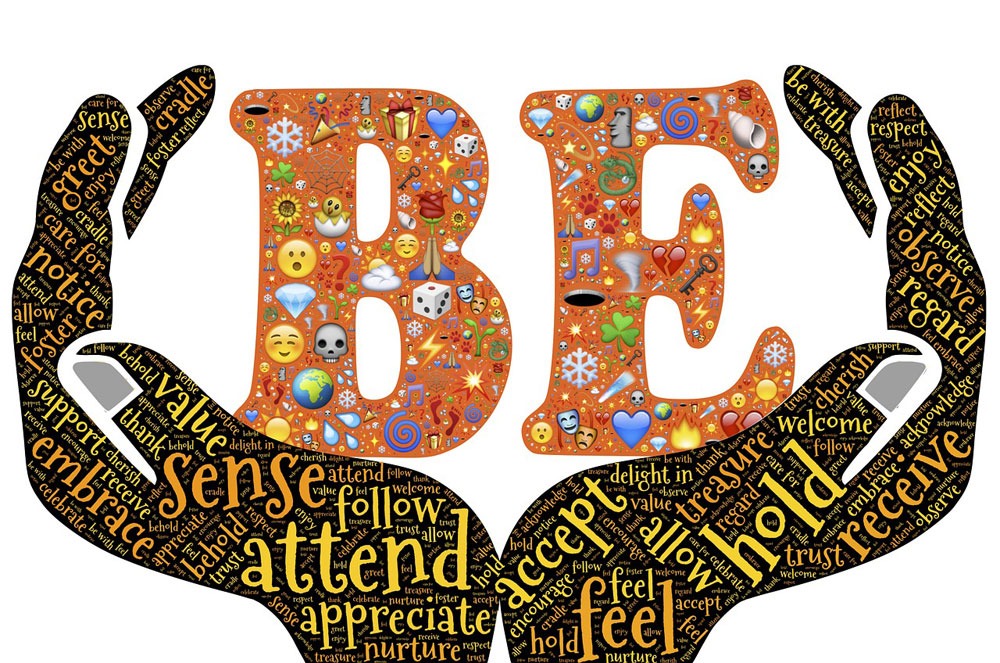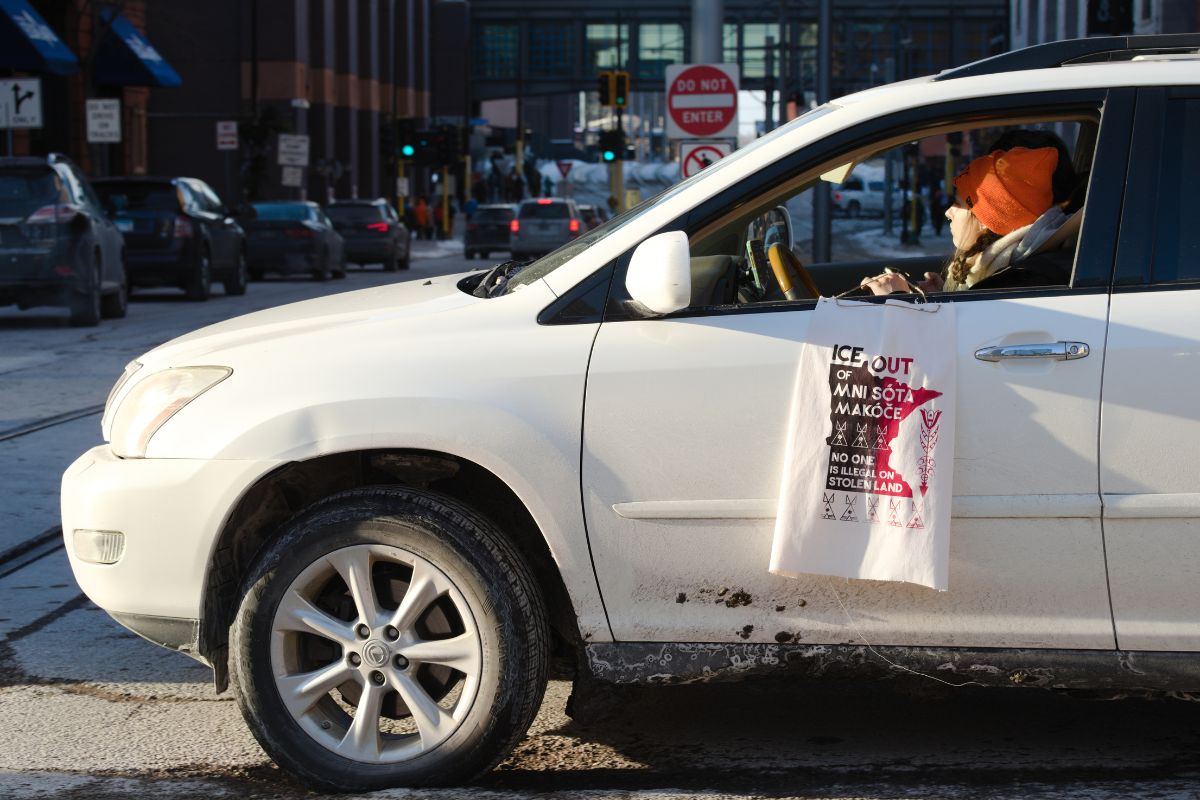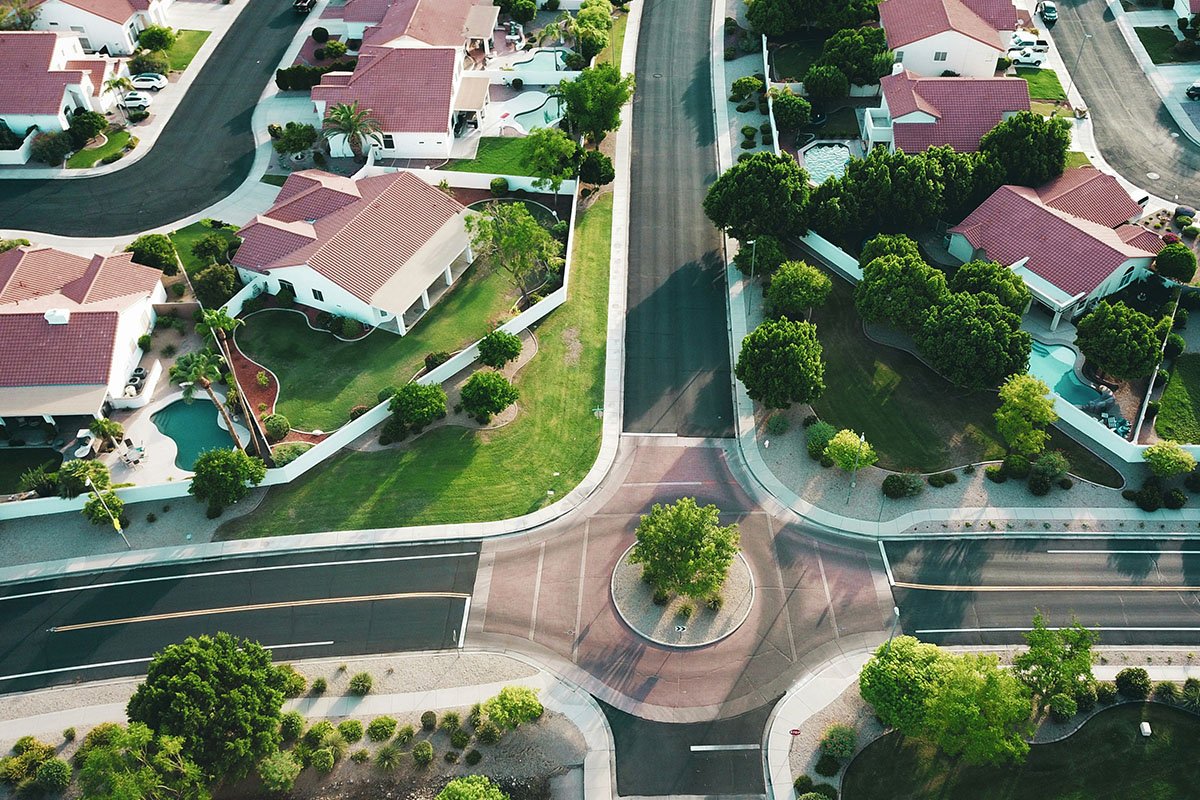
October 6, 2020; Chicago Sun-Times and Block Club Chicago
In Chicago, a city which has been in turmoil this summer, two nonprofit organizations, Sacred Keepers Sustainability Lab and Bronzeville/Kenwood Mutual Aid, came together at a time when the neighborhoods they serve are in great distress. As Toni Anderson, a founder of the Sustainability Lab, explained to Block Club Chicago, “When COVID happened, Sacred Keepers came to a standstill. Then, when George Floyd and the unrest that came with that impacted our communities, and we didn’t have access to food and other goods, my concern…was that the mothers and elders of our community wouldn’t have what they needed.”
Even in the direness of that moment, their approach was built from the strengths of communities rather than being fixated upon their weakness. They focused on mutual aid, rather than seeking help for the needy. The system they envisioned was one where neighbors could contribute what they were able to and could receive what they needed.
The two organizations worked under the banner of the Reciprocity Hub to energize a network of relationships between communities and organizations across the city of Chicago that can share skills and materials. What’s present here is an abundant community that just needed to pool resources in new ways, rather than one where the “haves” are asked to help out the “have-nots.” As Anderson describes it, “Charity is organized for people to show up to take things. Some expert somewhere is the source of what that should be and how they should get it. Reciprocity is instead designing an opportunity for the community to give to each other.”
The network they created has linked them with other mutual aid efforts spanning Chicago’s economically and culturally diverse neighborhoods, including Hyde Park, Far South Side, and Bronzeville. Among them, one finds the Samuel Dewitt Proctor Conference and the Southside Food Distribution Network, along with the Humboldt Park Solidarity Network, which “created a multi-neighborhood fundraiser to support mutual aid efforts in Black and [Latinx] communities.” Then, there’s Logan Square Mutual Aid, which delivered USDA food boxes weekly and partnered with “a rural Illinois family farm for to distribute produce left unsold at the close farmers’ markets.”
The importance of building community and mutuality from the bottom up is reflected in a recent announcement of new funding for mental health services in Chicago. Earlier budget crises had forced the city to eliminate most of its community-based mental health centers. This left too many Chicago citizens with little access to critical supports, a problem compounded by the stresses of seven months of pandemic and social unrest. This week, Chicago Mayor Lori Lightfoot said the city was, even with its budget in disarray, immediately increasing its spending on mental health services by more than $9 million, and that $8 million would be allocated to 30 community-based organizations.
Sign up for our free newsletters
Subscribe to NPQ's newsletters to have our top stories delivered directly to your inbox.
By signing up, you agree to our privacy policy and terms of use, and to receive messages from NPQ and our partners.
The choice to focus scarce resources on community-based organizations rather than rebuild the network of city-run mental health centers had opposition from those still angry about the prior administration’s decision to cut mental health funding. But it reflects, as the city’s health commissioner, Dr. Allison Arwady, explained to the Chicago Sun-Times, a common shared sense of unease:
You’d be hard pressed to find really any of us who have not had some experience related to feeling out of control, unsure. Feeling like we’re not entirely knowing about our economic security, our food security. Being worried about loved ones. Not knowing what might come next from the virus. All of the social isolation we’ve seen. All of this has consequences for mental health.
[…]
We need to expand the ability of people to get mental health services in wards where there may not be appropriate services. I don’t think CDPH clinics themselves are the answer to that.
Human effort is required to energize collective action, and social structures that endure are best built from the ground up. It turns out we have the resources to make lives better and healthier if we can share in different ways. But, and here the tale turns back on itself, while those resources may be there, they must be allocated differently and from a new perspective.—Martin Levine










